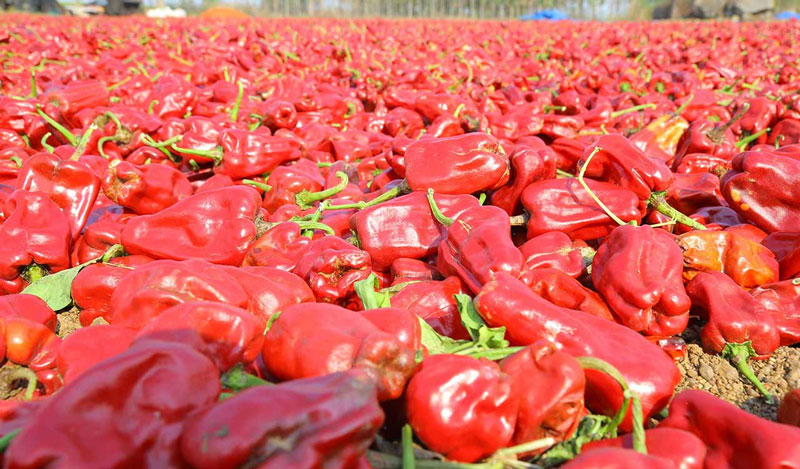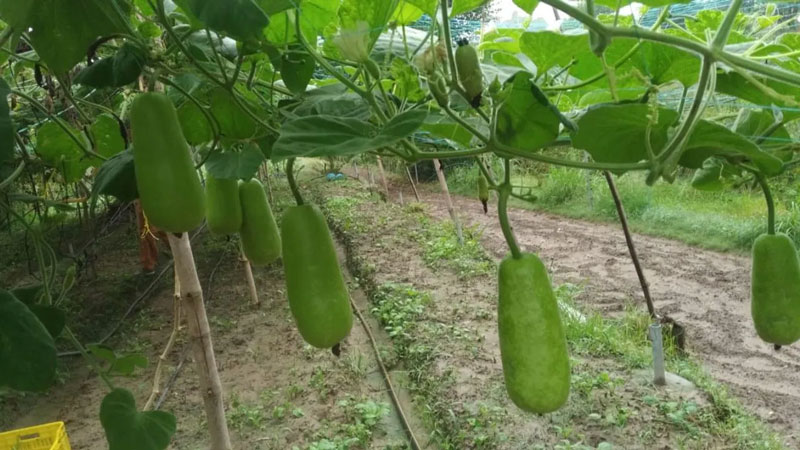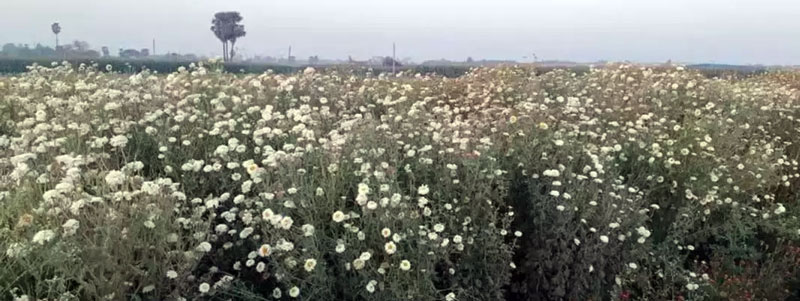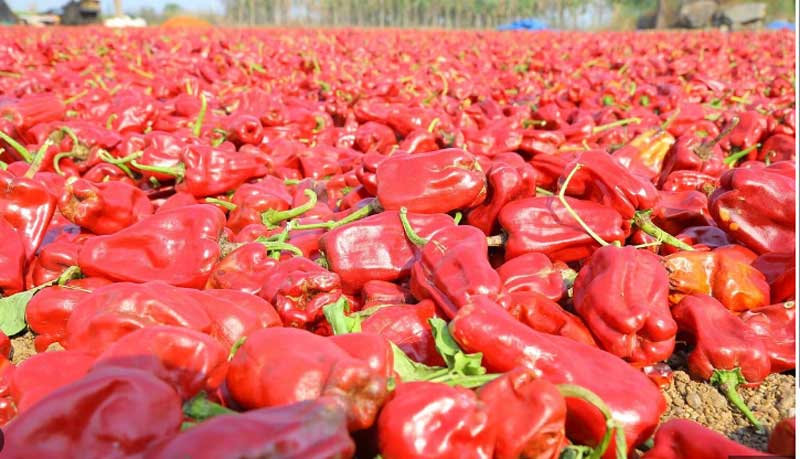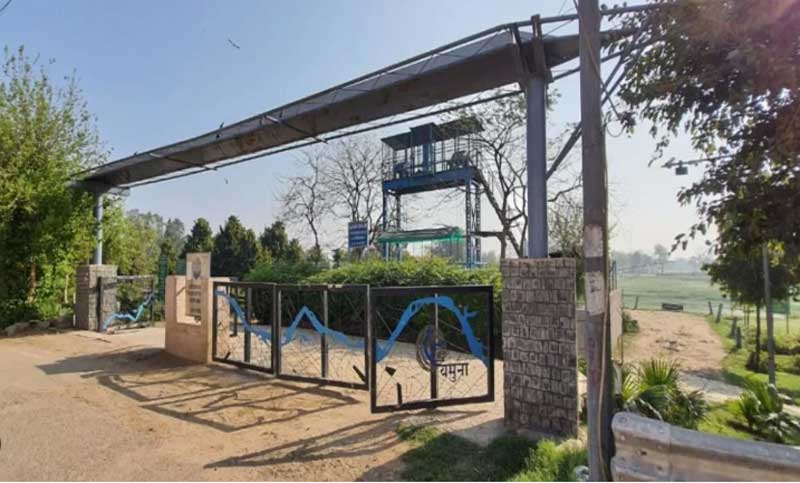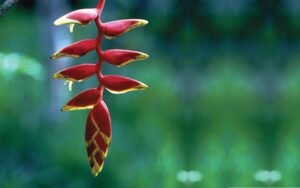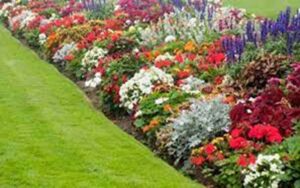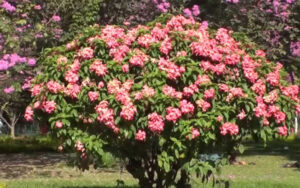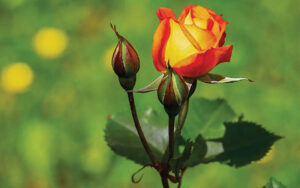Grow Beautiful Pansy Flowers in Your Garden and Cheer Up Your Mood Everyday
Nursery Today Desk
New Delhi: “Nobody can keep on being angry if she looks into the heart of a pansy for a little while.”- Lucy Maud Montgomery
This quote is enough to convey the alluring abilities of Pansy flowers. The delightful view of the pansies in your garden can cheer up your mood and spread positive vibes in your surroundings. Its presence is a feast to one’s eyes. Pansy flowers are the cheerful flowers with upturned “faces” and large heart-shaped, overlapping petals They are available in myriads of bright, pretty colors and bicolor including yellow, gold, orange, purple, violet, red, white, and even near-black (very dark purple).

The word “pansy” comes from French pensée, meaning “thought” and hence, Pansy flowers symbolize “thinking” or “thought”.
The garden pansy is derived by hybridization from several species in the section Melanium (“the pansies”) of the genus Viola, particularly V. tricolor, a wildflower of Europe and western Asia known as heartsease. They are an annual or a short-lived perennial flowers and they grow up to 15 to 30 cm.
However, pansies are surprisingly resilient in cold climates. They can recover from even single-digit temperatures and even withstand a frost. This makes them a fantastic flowering plant for fall and early winter colour if the blooms wither in the cold because the plants often survive to bloom again. So, September is the best time to start planting pansies in your garden.
Following tips will be useful for you to grow these plants in your garden.
How to Choose Nursery Plants?
Pansies can be finicky to start from seed, look for stocky, bushy plants that have plenty of buds. Avoid plants full of open blooms. Pansies are available in nurseries from August to March/ April of the following year, depending on your climate. Most ideal time will be as early as late August in northern gardens and as late as October in the South.
Planting pansies
Pansies thrive best in containers or pots with drainage holes in the bottom. Plant in portable containers (12 inches or less in diameter) so the plants can be moved to a cooler area when the sun starts to get stronger.

You can use standard potting soil designed for the containers. Plant in fertile, well-drained soil rich in organic matter. Plant pansies at the same depth as their nursery pot.
Sunlight
Pansies bloom best in full sun to partial shade. They will stay fresh- looking and keep blooming longer if grown in partial shade.
Watering
Watering regularly is a must for these plants. One of the most common reason pansies fail is that they are not watered enough. They won’t tolerate soggy soil, so allow the soil to dry somewhat between waterings.
Fertilizers
Add a balanced granular or slow releasing fertilizer to the plant during plantation. They respond well to monthly foliar feeding.
Pruning and deadheading
Pruning is not as such required for pansies but regularly remove faded/dead flowers to encourage the plants to produce more blooms. You can either pinch-off the flower bud or cut it off just below the faded bud.

Common pests and problems
Black root rot and fungal leaf spots are the two diseases that affect pansies the most frequently, and they are typically brought on by overwatering, inadequate drainage, and late-day watering. Aphids, cutworms, and pansyworms are typical pests. Pansies are a favorite food of deer and rabbits.
Most recommended types of pansies
- Bolero Series which are large, ruffled, semi-double flowers and does well in both spring and fall.
- Bingo Series are large flowers in 14 colours from pale blue to burgundy.
- Joker Series blooms in spring and summer and has orange flowers with deep purple upper petals and a purple outline.

Joker Series - Princess Series are available in monochromatic tones from cream to deep purple, with yellow centers. They have compact growth habit and dainty flowers.
- Frizzle Sizzle Blue, a unique violet-blue pansy, enhanced by deep blue centers and whiskered veining. Cool conditions pronounces the ruffled edges even more.


